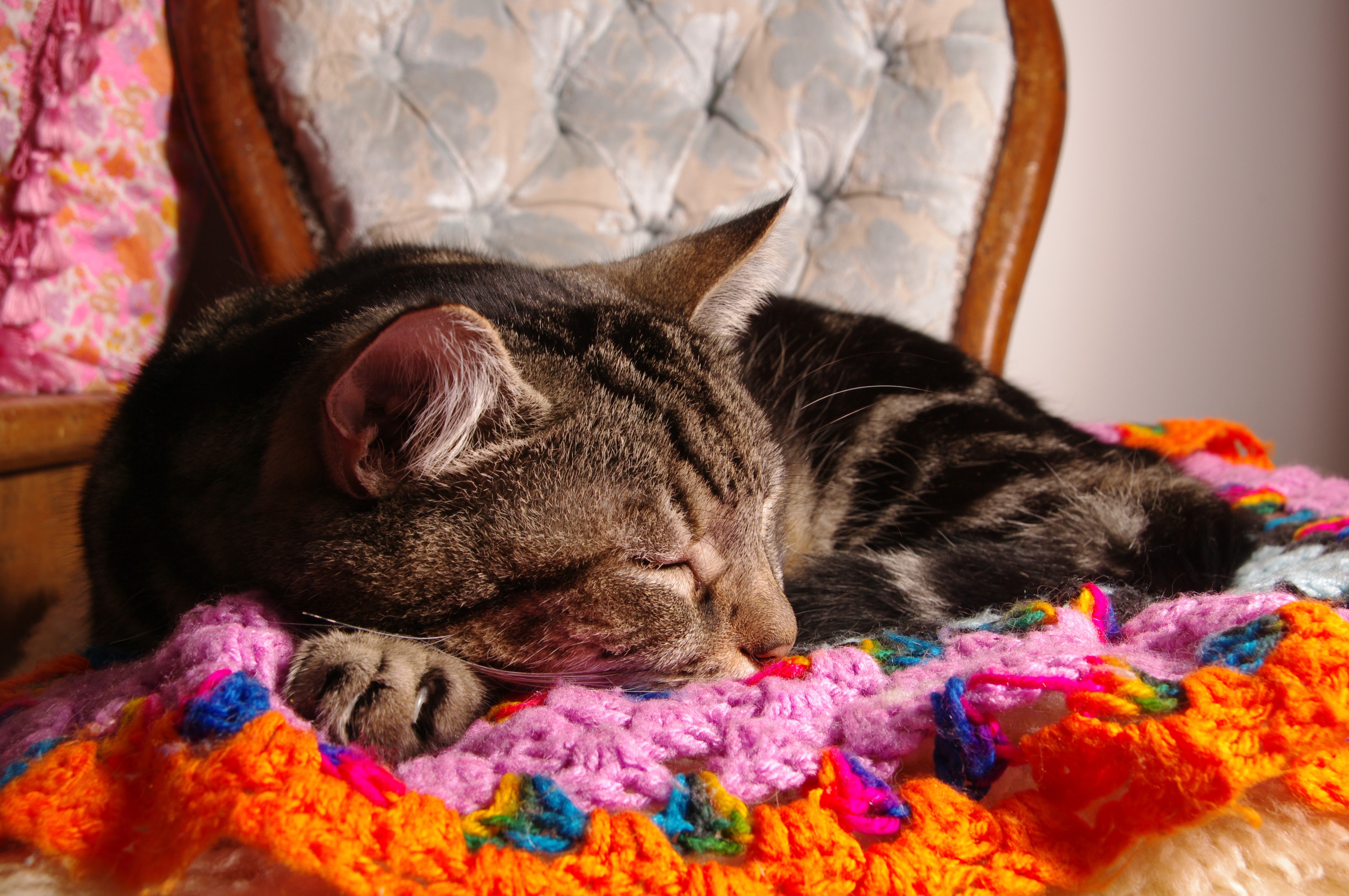I took part in the Living With Narcolepsy event jointly organised by the Royal Society of Medicine and Narcolepsy UK in London. Medicine and Me days are a great opportunity for people with a given condition and clinicians in that field to meet and share their knowledge. This is my brief overview of a fascinating day with a range of speakers talking about diverse aspects of narcolepsy, a frequently misunderstood condition.
Yves Dauvilliers kicked off with a talk about clinical aspects of narcolepsy, giving a through outline of the clinical management strategies such as medication and wider therapeutic interventions. He also covered the development of a novel outcome measure for narcolepsy severity, which sounds helpful, although it can only be used with people who can self identify symptoms such as cataplexy. He also talked about emergent interventions, including efforts to treat narcolepsy in its very early stages with intravenous immunoglobulin.
Heather Korbey talked about her narcolepsy journey – living with the condition for 25 years before its diagnosis when she was 33. She talked about how she had self-identified the condition from a veterinary dictionary, but that this had initially been rejected by health professionals. It was inspiring to hear about her Narcolepsy Entrepreneurs Group, which includes her cafe, catsitters, and crafters.
Matt O’Neill talked about the orphan disease status of narcolepsy, and how this can mean that Big Pharma is able to develop, trademark and monopolise expensive treatments for a decade at a time. He also cautioned that as pharmaceuticals reach the end of their patent periods, there might be more incentive for drug companies to redevelop slightly different versions of the compounds, so that they can re-patent and corner part of the market for another ten years. In relation to the use of SSRIs to manage narcolepsy misdiagnosed as depression, he described how these might suppress cataplexy and other REM-sleep related phenomena, thus treating or at least masking the impacts of narcolepsy, and prolonging the time from development of the condition to effective management being put in place.
Birgitte Kornum flew in from Copenhagen to talk about the interactions of genetics, environment and random chance that can give rise to the autoimmune reaction thought to precipitate narcolepsy. It was fascinating to learn about how the adaptive immune system, ordinarily a super-efficient way the body develops wide-spectrum immunity to potential pathogens via somatic mutation, can accidentally cause an autoimmune response to certain environmental pathogens, leading to conditions like narcolepsy and diabetes.
Francesco Cappuccio presented on the sleep deprivation. Having previously asked people with narcolepsy during a panel discussion about their take on the weight-gain that can be associated with narcolepsy, he described his formulation. This was a vicious cycle in which tiredness contributed to glucose intolerance and endocrine disturbances involving orexin, leptin and ghrelin, and increased fatigue, which lead to weight gain, potentially precipitating sleep-disordered breathing, and disrupted, shorter sleeps, which can in turn feed in to further tiredness.
Henry Nicholls, author of Sleepyhead, discussed how he would like narcolepsy to be reframed as a condition of disturbed night-time sleep, rather than the daytime sleepiness which is often described as its main phenomenon. He also described how helpful he had found the sleep restriction component of CBT for insomnia.
Teya Staniforth, who has published a paper on diagnosis and management of narcolepsy and cataplexy in children with Jane Blackwell, discussed her experiences of narcolepsy with a specific focus on automatic behaviours. She described how frustrating her experiences have been, and how sometimes her cataplexy has been the only thing that has stopped her from physically lashing out. She also described examples of how dangerous automatic behaviours can be, such as when one lady stirred her boiling soup with her hand instead of a spoon, or incidences of automatic driving in the context of highway hypnosis.
David O’Regan then presented on his four main management strategies for automatic behaviour. The first controlling the symptoms of narcolepsy via medication optimisation, sleep hygiene and managing stress and anxiety. The second is encouraging people to stop and sleep when they feel tired, where possible. The third is to help people develop alternative habits so that their automatic behaviours are perhaps less intrusive and debilitating. The final area was keeping active. It was revealing to see that in a show of hands, the vast majority of people with narcolepsy at the conference experienced automatic behaviours, but barely anyone had been asked about them by their clinicians. Teya and David both drew on a paper by Morandin and Bruck.
Shane Keenan gave a heart-felt description of his journey with narcolepsy following an autoimmune response to the Pandemrix swine flu vaccine. culminating in his retirement from front-line NHS work in 2016, after 34 years’ NHS service. He talked about how helpful his dog has been as a support and companion. The power of dogs to bring light during difficult times has been a recurrent theme throughout my work both within and beyond the realm of sleep.
My section covered the range interventions we offer at our sleep clinic to support young people with narcolepsy and their families. Jane Blackwell’s recent systematic review highlighted a range of psychosocial impacts of narcolepsy in young people. We have a skilled multidisciplinary team, so we are able to offer tailored support, including individual face to face and tele-therapy, school liaison, cognitive assessments and peer support groups. It was an honour to be able to share strategies that people have brought to the peer support groups and agreed could be shared more widely.
It was a fascinating day, and an honour to meet so many people at the forefront of the efforts to understand and better manage narcolepsy.

